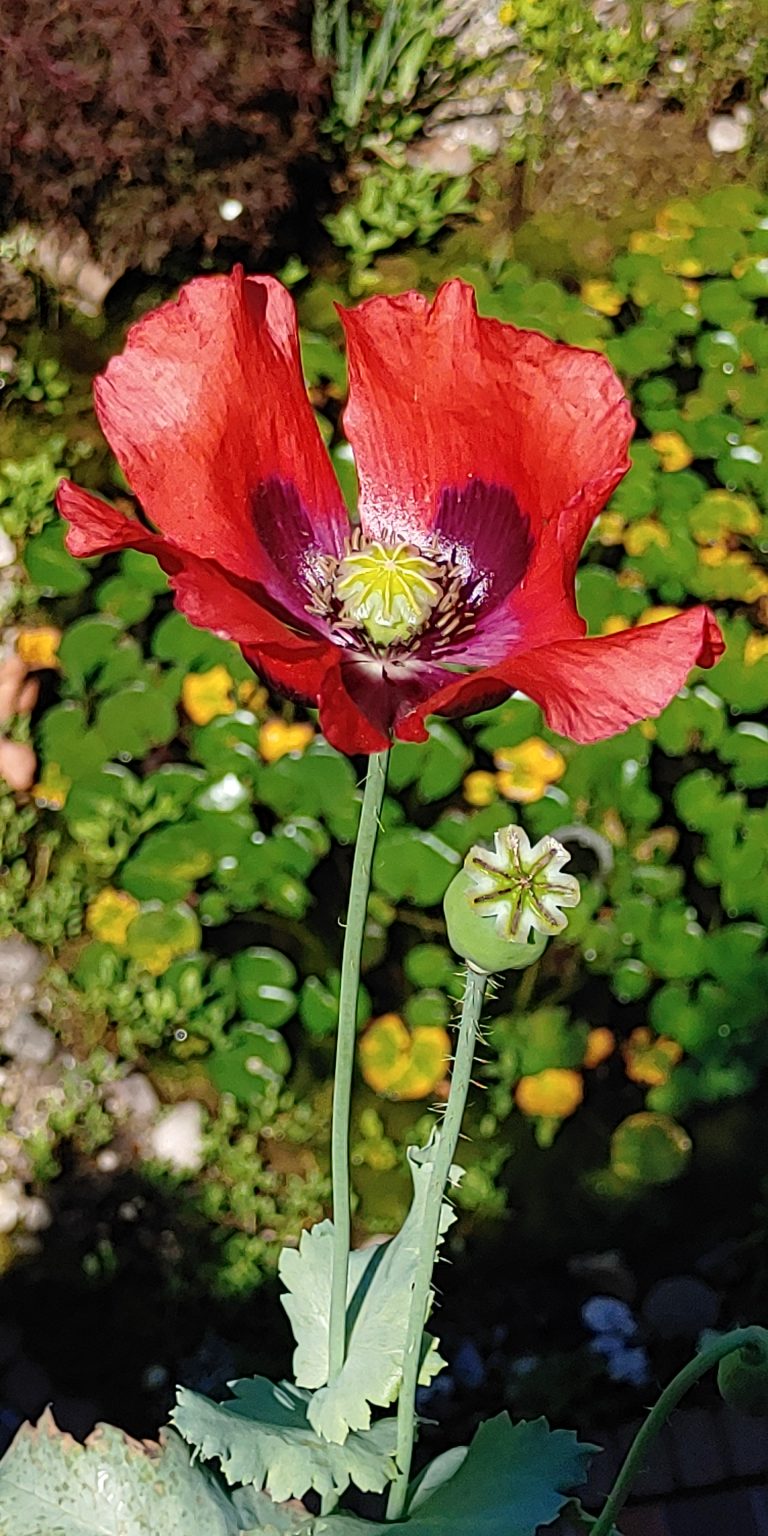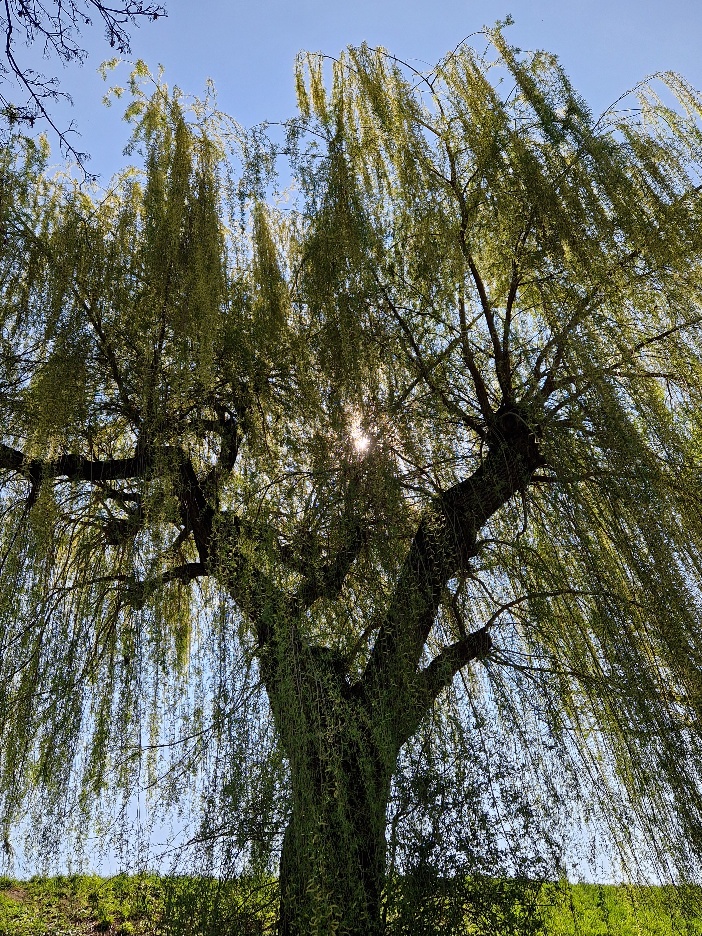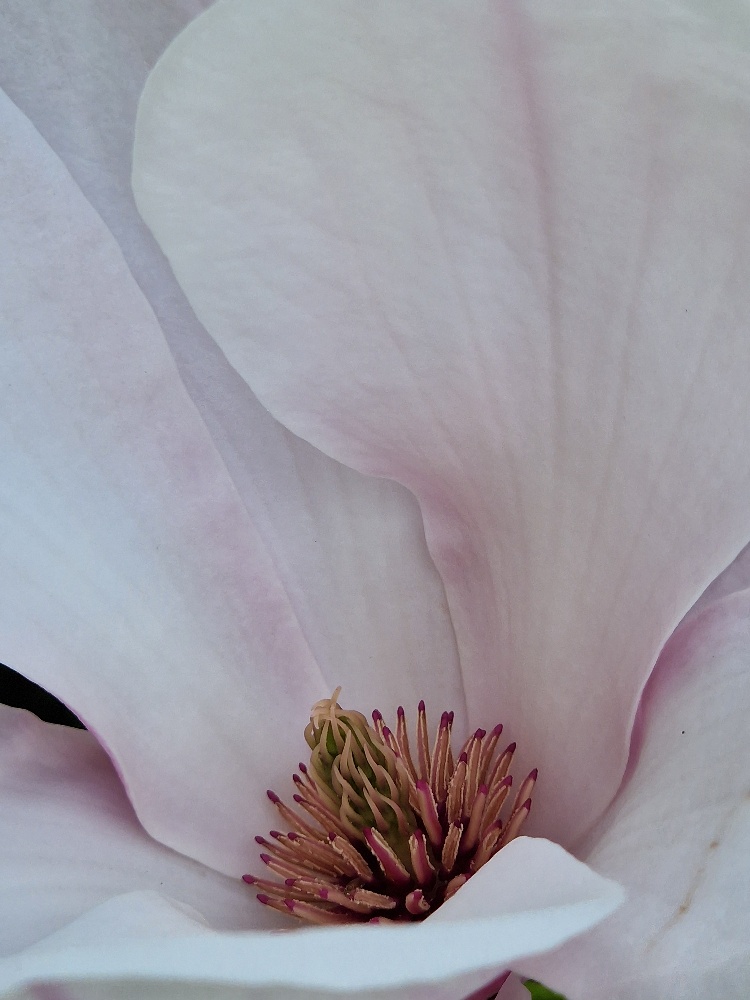How much time he gains who does not look to see what his neighbour says, or does, or thinks, but only at what he does himself, to make it just and holy.
Marcus Aurelius
Comparison is the death of joy.
Mark Twain
Comparison with myself brings improvement, comparison with others brings discontent.
Betty Jamie Chung
We are living in an age of advertising. Everywhere we turn, attempts are made to pry money out of our pockets to alleviate some sense of inferiority suggested or induced by incessant comparison. How to look younger, how to have more money, how to get the perfect partner, indeed, how to `attain´ happiness, an even better happiness than the others have!
The advertisers did not invent this, however. They are simply riding piggy-back on what appears to be an innate characteristic of the human condition. Perhaps this is true of all mammals and birds born and raised in groups, such as pigs in their litters and geese in their broods. When we observe the group dynamics here, fitness, or being stronger than the kin, can mean the difference between life and death.
Most humans grow up in families with two or more children. Here again, we see the race for the attention and favour of the parents among competing children. This may be one of the roots of comparison, as we jostle and hustle our way towards autonomy while still very dependent on our adult caregivers.
Our school system then cements the process. By putting thirty children into a group and insisting on `one size fits all´ interest and learning ability, we quickly get submerged in a very visibly championed culture of ranking. The system encourages comparison in the erroneous assumption that by applying such a system, we will all be encouraged to do better. This overlooks the discouragement and despondency which can result from such a fear-based, aggressive comparative culture which makes little or no room for passion or joy.
When asked what he wanted to be when he grew up, the Liverpudlian primary school pupil John Lennon replied `happy´, whereupon he was reprimanded by the teacher for not having understood the question correctly.
Even when happiness does become part of the dialogue, the thrust focusses on what we need to do or have, to attain that Holy Grail. The trouble with this game of: `I will be happy when…´ is that the goal posts keep moving and the happiness continues to elude us, all the way to the grave.
The act of comparison can be attributed to the Judge Saboteur, sometimes referred to as the `Inner Critic´ we all know so well. The neutral attribute behind this saboteur is the faculty of discernment, without which we would not be able to navigate our way through this complex world. Taken to extremes, however, fuelled by fear rather than love, it can become very toxic indeed.
The comparative stance blinds us to what we have in common and exaggerates what separates us. Interestingly, the word `individual´ originally meant `cannot be divided´ but its meaning has been turned on its head. Separation, alienation, and isolation are the attributes of our increasingly dysfunctional society. The rampant individualism which emerged during the transition from an agricultural to an industrial and now post-modern society has led to a state of spiritual bankruptcy, manifested in the unpresented mental health and ecological crises of our times.
The antidote, of course, is a sense of belonging which can only be cultivated if we look at the big picture. Surveying the heavens above on a summer’s evening, we can reflect on the fact that we are all made up of stardust. All of creation, the astrophysicists tell us, shares the same origin.
Out of the Big Bang everything emerged. This implies that every manifestation of life is interconnected, meaning that that which we do onto another, we do onto ourselves. The Native Americans, as did many indigenous cultures, understood this clearly, and those people understood themselves to be the stewards of an interconnected web of life to which they inherently belonged. It made sense to look after and honour all of Creation because, in doing so, we were honouring ourselves.
Somewhere along the way, this connection appears to have been ruptured. Otherwise, how could we explain the pouring of toxic waste into our rivers, the ubiquity of micro-plastics in our oceans, and the widespread destruction of the world’s forests within one lifetime. Or how else can we comprehend the voluntary acquiescence to living a life in accordance with the opinion, real or imagined, of others?
When we consider what is important at this juncture of human civilisation, the cultivation of this `big picture´ must surely be one of the key elements. Rather than drive the global educational system ever further in the direction of specialisation and fragmentation, we need to turn it around and teach today’s generation of children – and ourselves – about the interconnectedness of all life on the planet. This should be done not only through the mind, as an intellectual pursuit, but also through the heart. Cultivating the awe at the wonders of Nature is the key to a new perspective, one that will help change course, away from collective destruction. As we can observe today, the purely cerebral approach to ecological reform appears to be bearing little fruit.
A further key element towards establishing true global community is that we each learn to become so mentally fit that we begin to harness our mental faculties in the service of collective healing rather than continue, divided among ourselves, as slaves to our `stinking thinking´.
Few people would admit to creating their reality, preferring to believe that we are victims of circumstance. The truth, as Wayne Dyer put it, is that when we `change the way we look at things, the things we look at change´. The tipping point is the choosing of love over fear.
This is not a once-off event, but rather a capability which can be cultivated and grown, just as is the case with physical fitness. And as with physical fitness, once attained, it needs to be further exercised on a daily basis, in order to be maintained.
The PQ Programme, developed by Shirzad Chamine and his team at Positive Intelligence, provides instruction as to how this mental fitness can be established. Having joined this Programme early this year, I can already feel the benefits of calm and self-care while facing the everyday challenges of modern life. One of the central tenets of this programme is empathy, which is nothing other than the manifested realisation of interconnectedness between the observer and the observed.
In my view, we are living through the greatest transformation in the history of civilisation —the kind that will forever alter who we are not just as individuals but as a species. This is not a passive transformation. You do not get to sit idly by and watch the world transform around you. You are being transformed. If you wish to become an agent of change in our collective transformation you might want to check out PQ, as described on the website of Positive Intelligence dot com.










